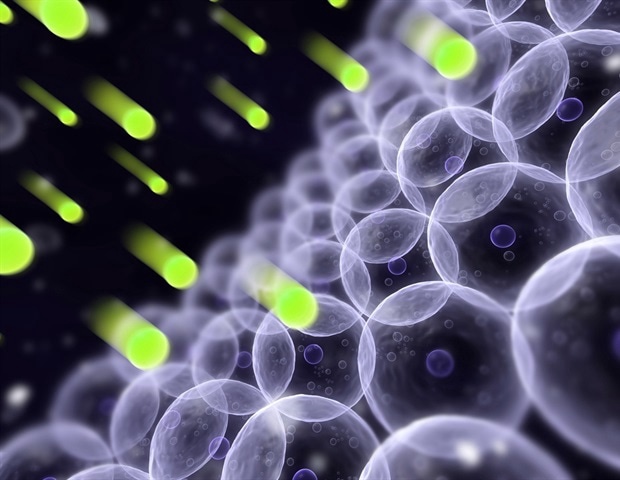Overview
- Penn researchers applied the Mannich reaction to create a combinatorial library of ionizable lipids with phenol groups, enabling synthesis of hundreds of new variants.
- The phenol groups in the top C-a16 variant neutralized free radicals to reduce oxidative stress and inflammatory side effects of LNPs in preclinical testing.
- C-a16–formulated nanoparticles delivered a luciferase gene with roughly 15-fold higher expression than those used in the FDA-approved Onpattro treatment in mouse models.
- The phenol-modified LNPs more than doubled CRISPR-mediated gene editing efficiency in a mouse model of hereditary transthyretin amyloidosis and tripled tumor shrinkage in melanoma experiments.
- mRNA vaccines packaged with C-a16 lipids elicited immune responses about five times stronger than standard LNP formulations in animal studies.

